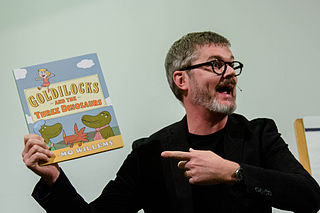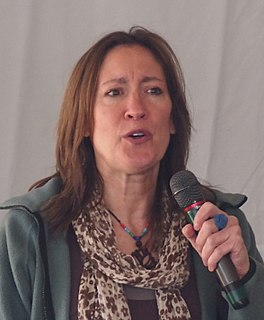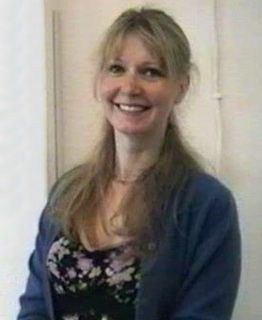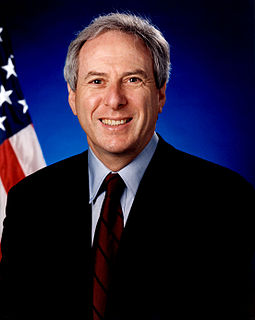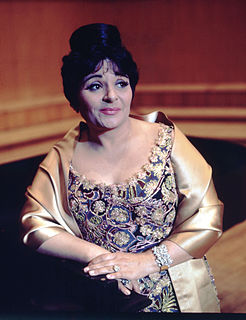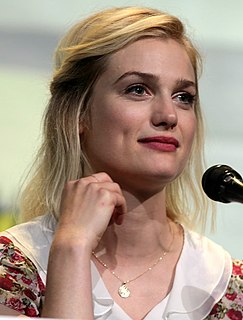A Quote by Mo Willems
Elephant and Piggie have a very large input. They have a distinct aesthetic taste. They like books that are philosophical. They like books that are dialogue-driven. They like books that are about issues that they live with, in their own elephantine and porcine ways.
Related Quotes
The common thread of the series is that these are the books that Elephant and Piggie like to read. Elephant and Piggie are retired, so this is what they do in their spare time. What will they end up wanting to read? Time will tell. We've got to let that evolution happen as the series goes on. Any return of a character would have to be organic, would have to be, for example, Laurie Keller saying, hey, I really want to do this, and me feeling that there's a story there, rather than just saying, yeah, we can get three books out of these characters.
I had to be careful. A mistake I made when I submitted ideas initially was that one of them was too much like Elephant and Piggie, thinking that was what it needed to be. That's not what Mo was looking for. But I did definitely keep them in the back of my mind. It was tricky. Like Mo Willems was saying, it had to be something that Elephant and Piggie would like to read, yet we shouldn't make anything that was too much like Elephant and Piggie, because why would you want to do that?
Electronic books are ideal for people who value the information contained in them, or who have vision problems, or who like to read on the subway, or who do not want other people to see how they are amusing themselves, or who have storage and clutter issues, but they are useless for people who are engaged in an intense, lifelong love affair with books. Books that we can touch; books that we can smell; books that we can depend on.
Because by now Elinor had understood this, too: A longing for books was nothing compared with what you could feel for human beings. The books told you about that feeling. The books spoke of love, and it was wonderful to listen to them, but they were no substitute for love itself. They couldn't kiss her like Meggie, they couldn't hug her like Resa, they couldn't laugh like Mortimer. Poor books, poor Elinor.
Books can be passed around. They can be shared. A lot of people like seeing them in their houses. They are memories. People who don't understand books don't understand this. They learn from TV shows about organizing that you should get rid of the books that you aren't reading, but everyone who loves books believes the opposite. People who love books keep them around, like photos, to remind them of a great experience and so they can revisit and say, "Wow, this is a really great book."
I started reading Dickens when I was about 12, and I particularly liked all of the orphan books. I always liked books about young people who are left on their own with the world, and the four children's books I've written feature that very thing: children that are abandoned by their families or running away from their families or ignored by their families and having to grow up quicker than they should, like David Copperfield - having to be the hero of their own story.
There are a lot of people out there who will write books, in which everything turns out nicely and the bad guys lose, the good guys win, the boy gets the girl and they live happily ever after. There's a million books like that and if that's the comfort you're looking for, you should read those books and not my books because that's not the kind of book that I am interested in.
